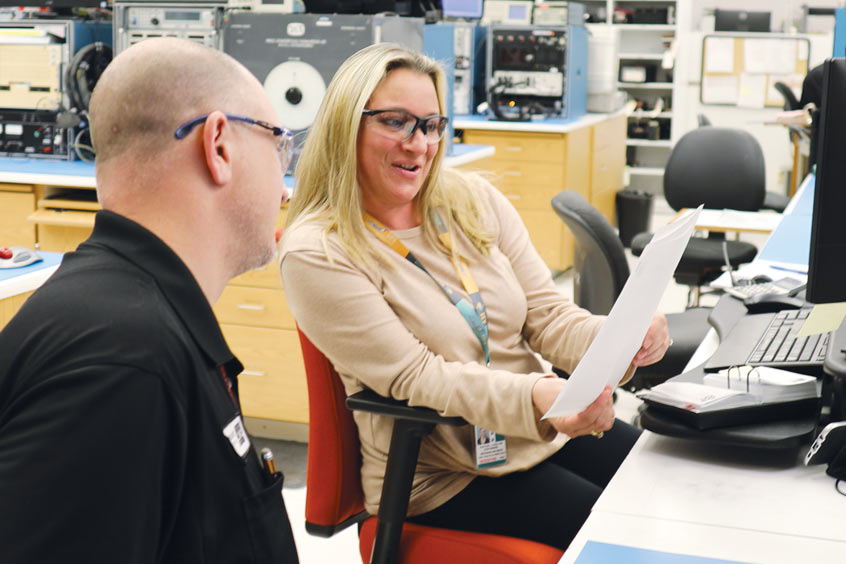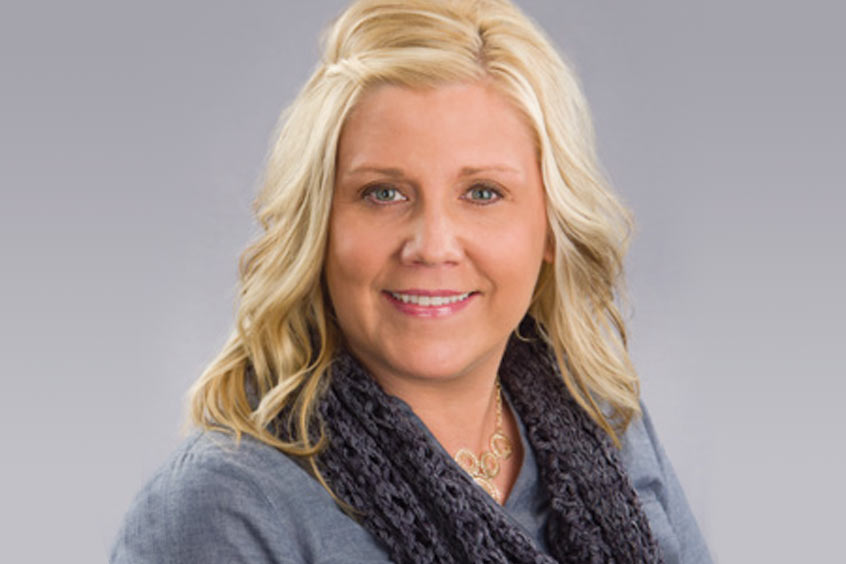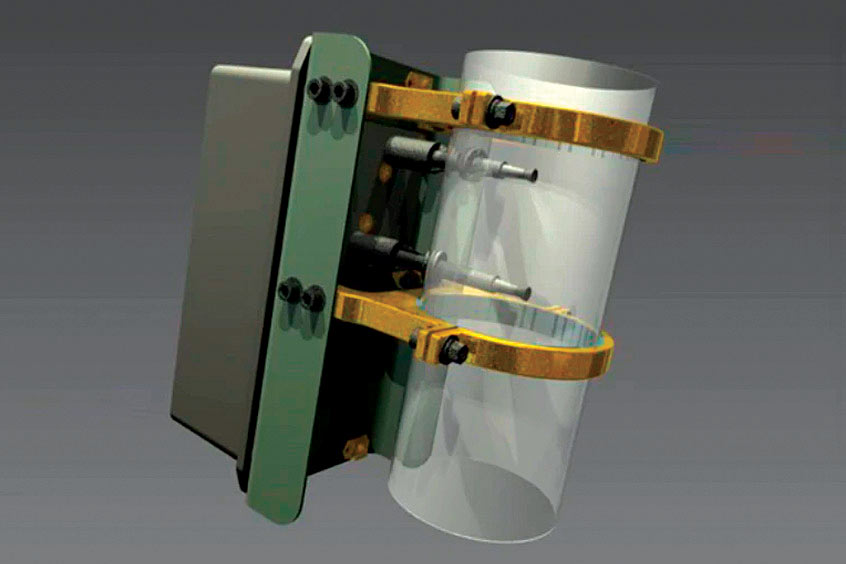Why visit ACE ’25?




Duncan Aviation's parts and rotable sales has realigned and added members to its management team, which coordinates the purchase, evaluation, valuation and management of rotable inventories for multiple OEM platforms. The move comes amid an increased demand for aviation parts.
Rotable managers are tasked with maintaining the parts inventory at optimal levels to support operators around the world and across all sectors of aviation, including corporate, general, charter, helicopter, commercial and government.
According to Jamie Blackman, rotable manager team leader, having inventory on-hand to support in-house maintenance customers is also a high priority: “Our full-service MRO facilities in Battle Creek, Michigan; Lincoln, Nebraska; and Provo, Utah, as well as our 30 satellite avionics and 17 engine rapid response teams, rely on us to make sure they have what they need when they need it,” she says.
Blackman goes on to say that keeping the lines of communication open with these maintenance teams ensures the most demanded part numbers are available in stock. “It is essential for us to stay close to and listen to the needs of our technical team members throughout the company. They are on the front lines with our customers and provide us with the latest information on what aircraft parts they require.”
According to rotable manager Joy Damian, historical demand and repair history are also key indicators of future sales. “We closely monitor what part numbers people are requesting and sending in for repair. It is necessary always to have these units on the shelves.”
The rotable managers team has 136 years of aviation parts experience collectively. Each carefully researches competitors, consults other parts brokers and references sales history to ensure Duncan Aviation is offering quality products at a fair price.
Meanwhile, Duncan is also anticipating the completion and availability of its first STC for the Aviation Clean Air (ACA) ionisation system for a Global aircraft on July 24. The Duncan Aviation engineering and certification services team is developing the STC to cover the installation of the safe and effective air ionisation system, and the team is also working on paths to certify other makes/models, including a Challenger 300/350.
Designed to be installed in an aircraft's existing environmental control system, ACA is an air- and surface-purification system. The ACA system improves air quality throughout the aircraft and, more importantly, kills pathogens and removes allergens and unpleasant odours.
In May, lab testing conducted by independent lab Innovative BioAnalysis found the ACA ioniser effective at rendering harmless the novel coronavirus that causes COVID-19. The lab test showed that 99.4 per cent of the virus particles were inactivated within 30 minutes.The system has been tested and proven to kill the coronavirus that caused SARS (Severe Acute Respiratory Syndrome), as well.
The ionised hydrogen molecules also deactivate other viral, bacterial and fungal pathogens such as those that cause the common cold, flu (swine, avian, etc.), MRSA (methicillin-resistant Staphylococcus aureus), C. diff (clostridium difficile), E. coli (Escherichia coli), pneumonia, polio and mould.
In addition to pathogens, the ACA component neutralises potentially harmful gasses caused by fuel emissions, other VOCs (volatile organic compounds) and offensive odours caused by cooking or cleaning, cigarette and cigar smoke, stagnant air and lavatories. Pet odours are also neutralised. The system will also reduce the static electricity in aircraft that is caused by the low relative humidity of the cabin air.
“Like our customers, we have always known there were dangerous viruses and bacteria in the world. We've all heard of the SARS and MERS viruses and drug-resistant bacteria, and now we can add COVID-19 to the list. Avoiding them mostly meant washing our hands often and thoroughly,” says Michael Kussatz, avionics regional sales in the Eastern US. “After doing some research, we found that the ACA ionisation system gives pilots and passengers a space where there is a very natural process going on that is deactivating these pathogens, rendering them harmless, as we travel in comfort.”
Because installation can typically be completed in less than two weeks, Duncan Aviation can install the ACA air ioniser as a stand-alone event or part of a scheduled-maintenance event.
Finally, Duncan Aviation has extended its customer service hours and added three new component CARs (customer account representatives) to accommodate repair service calls after hours.
Crystal Osmera, component CAR team leader, comments: “We have customers located all across the United States. And they all want their component service needs met without having to leave a message and then wait for a callback.” Three new customer account representatives have been added to the team during the extended hours, with a fourth anticipated by the end of 2020.
Osmera admits the call volume in the evening can be low at times, but this opens up the opportunity for CARs to complete transactions already in progress. “We operate as a team and work together to provide seamless support to our customers no matter where they are located or when they call.”